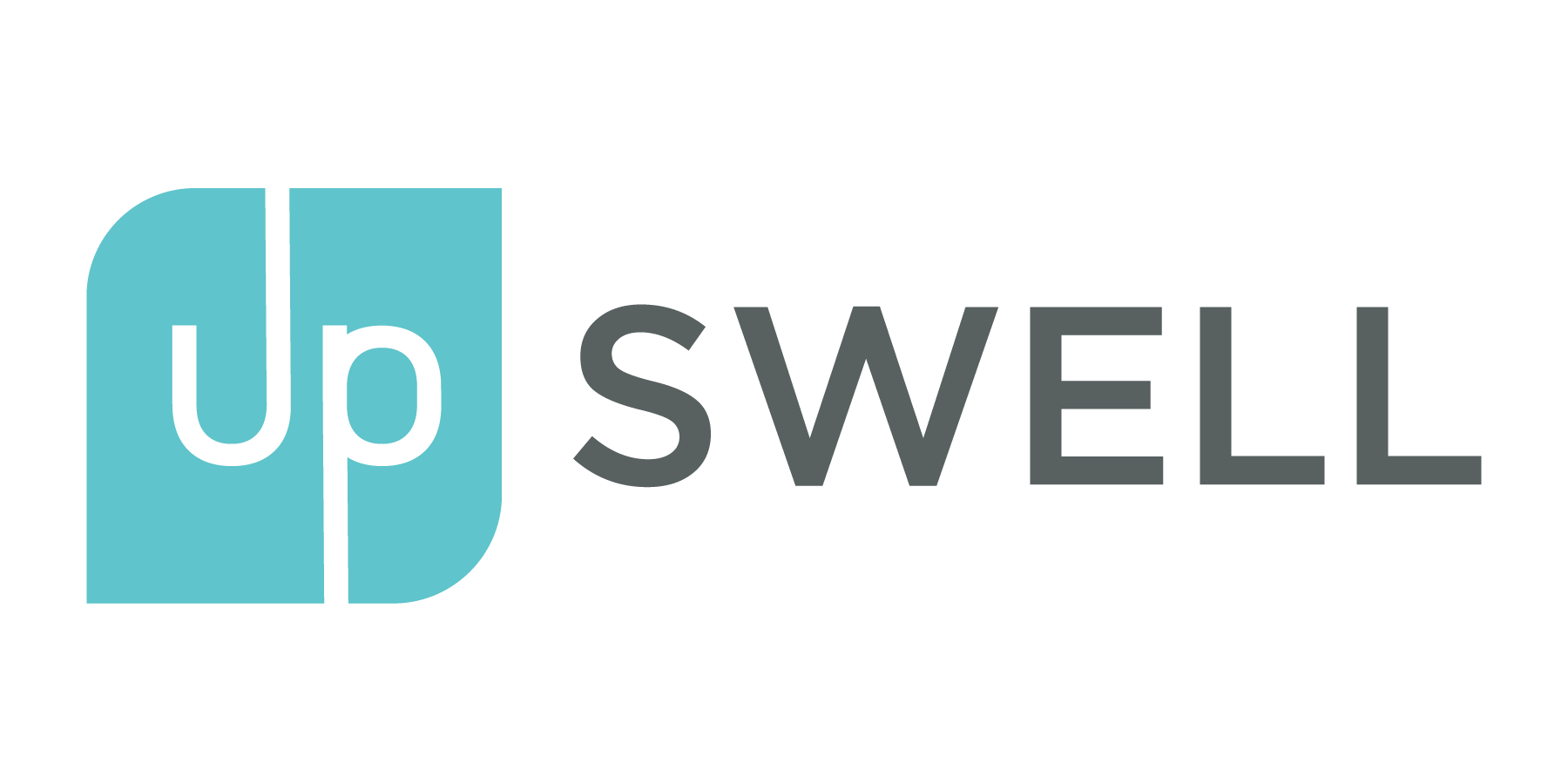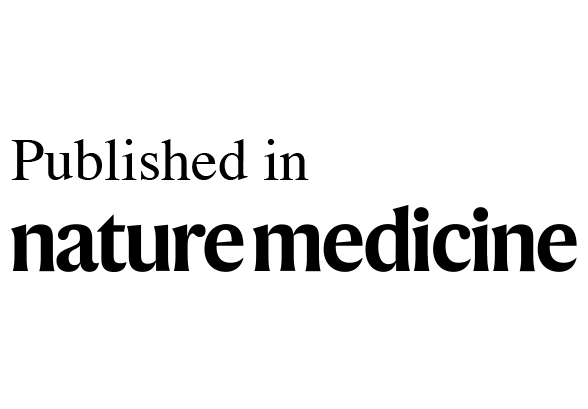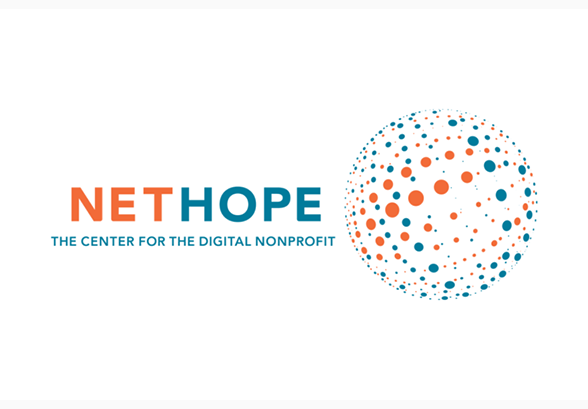Social media campaign to promote COVID-19 vaccination in Nigeria
Collaborative data-driven social media campaign in six Nigerian states effectively combats COVID-19 vaccine hesitancy among healthcare providers, leading to increased vaccination rates
Upswell supported all aspects of this initiative focused on combating COVID-19 vaccine hesitancy among healthcare providers in six Nigerian states, with the ultimate aim of boosting overall vaccine uptake. The secret to this successful campaign were the amazing 17 local organizations who were the beating heart of the campaign. These partnerships were instrumental in crafting and disseminating compelling, trustworthy messages via social media, thereby expanding access to credible vaccine information.
An independent study conducted by the Milken Institute School of Public Health at The George Washington University provided valuable insights into the campaign's impact. The research employed a quasi-experimental design and followed a longitudinal cohort across all 37 states in Nigeria. The study found that our campaign led to increased vaccination rates in the targeted states compared to non-targeted states. A cost-effectiveness analysis revealed that the incremental cost-effectiveness ratio of the intervention was $54.5, which was consistent with findings from studies of other social media campaigns promoting COVID-19 vaccine uptake and was 1-8% of the estimated cost per life year saved by vaccination against COVID-19 in low and middle-income countries, indicating that the campaign was highly cost-effective.
The study also highlighted the role of pro-vaccination social norms in driving these outcomes. These findings underscore the effectiveness of our social media strategies and local partnerships in combating vaccine hesitancy and promoting public health in a cost-effective manner.
Read More
Digital public health interventions at scale: The impact of social media advertising on beliefs and outcomes related to COVID vaccines
Digital public health interventions at scale: The impact of social media advertising on beliefs and outcomes related to COVID vaccines
The work behind these 800+ interventions is truly amazing. Upswell directly supported many of the 174 organizations running these experiments. Our team, also supported the fantastic team inside Meta with the setup and analysis of many of the brand lift studies that were used to assess the initial impact of each campaign.
This paper examines the cost-effectiveness of social media advertising in influencing attitudes and beliefs about COVID-19 vaccines and increasing vaccination rates. A meta-analysis of over 800 experiments conducted by 174 public health organizations was performed, pooling data to obtain more precise estimates of the overall average effect. The estimated average cost per additional influenced person was $3.41, and the cost per additional vaccination was $5.68.
Read More
Barriers to Maternal and Reproductive Health Care In India Due to COVID-19
Barriers to Maternal and Reproductive Health Care In India Due to COVID-19
Upswell supported all aspects of this project from intervention design through implementation, running Facebook and Instagram Ads, M&E, and final report creation. We honestly can’t get enough of the people who powered this project!
Lockdowns and restrictions associated with COVID-19 had the potential to impact access to healthcare services, including contraceptive, prenatal, and postnatal care for both men and women. However, the extent of its impact, especially in low- and middle-income countries like India, was not well understood. Understanding the impact of COVID-19 on the use of these services was essential for improving access and use.
Read More
A Social Media Based Public Health Campaign Encouraging COVID-19 Vaccination Across the US
A Social Media Based Public Health Campaign Encouraging COVID-19 Vaccination Across the US
Upswell provided technical support to this three-part public health campaign between April and June 2021. It reached 25 million individuals, an average of 6.8 times each.
The campaign was designed to test the use of Facebook for running campaigns to increase COVID-19 vaccination rates and address disparities among racial minorities. The team used a combination of video and still-image advertisements that were designed with their target audience in mind. The campaigns aimed to combat misinformation by disseminating high-quality health information on social media platforms.
Read More
Facebook Ad Campaign to Improve Childhood Vaccine Safety Perceptions in Indonesia During the COVID-19 Pandemic
Facebook Ad Campaign to Improve Childhood Vaccine Safety Perceptions in Indonesia During the COVID-19 Pandemic
Upswell served as a sort of extension to the UNICEF Indonesia team throughout this campaign. We were delighted to support all aspects of this campaign, from content strategy to measurement and evaluation. UNICEF has a LOT of amazing people, but in our humble opinion, this team in Indonesia is next level.
UNICEF Indonesia and Gavi partnered to boost confidence in childhood vaccinations during COVID-19, reaching 50% of the population in three provinces via Facebook ads. The five-week campaign improved motivation, reached 6 million people at lower cost, and increased vaccination safety perception by 4.3 percentage points, demonstrating Facebook's value in complementing on-the-ground strategies for vaccine awareness.
Read More
Effects of Large-Scale Social Media Advertising Campaign on Holiday Travel and COVID-19 Infections
Effects of Large-Scale Social Media Advertising Campaign on Holiday Travel and COVID-19 Infections
Upswell supported this team throughout the project. We wish we could take credit for their amazing use of mobile phone location data of Facebook users to measure the on-the-ground impact of their campaign. Amazing!
During the Coronavirus Disease 2019 (COVID-19) epidemic, many health professionals used social media to promote preventative health behaviors. The team behind this work conducted a randomized controlled trial of the effect of a Facebook advertising campaign consisting of short videos recorded by doctors and nurses to encourage users to stay at home for the Thanksgiving and Christmas holidays (NCT04644328 and AEARCTR-0006821).
Read More
Facebook ads vs. Malaria: Using Social Media Campaigns to Promote Health-Seeking Behaviors of Households
Facebook ads vs. Malaria: Using Social Media Campaigns to Promote Health-Seeking Behaviors of Households
Upswell supported all aspects of this project, from helping manage the creative team to ad-management. Our team also worked closely with Virtual Labs to implement M&E for the project. Don’t get us started on Virtual Lab, they are fantastic!
The campaign and research study measured the effectiveness of a social media campaign against malaria. Full-scale advertising campaigns were run on Facebook, and outcomes were measured using survey responses from incentivized respondents. Results showed increased use of mosquito nets in certain subgroups and increased preventative behavior for individuals who were shown ads. The study concluded that ad campaigns can change behavior, but advanced targeting may be needed to reach subgroups of interest.
Read More
Public Health Awareness Campaign: COVID Safe Behaviors in India
Public Health Awareness Campaign: COVID Safe Behaviors in India
Upswell supported all aspect of this campaign from the initial strategy development through implementation. As a UW alum, Drew gets a huge smile when he talks about the team that made this project a reality.
Background: In March 2021 the second wave of COVID-19 affected India, and in a few months there were over 30 million documented cases, with a large number of cases remaining undocumented. We rolled out ‘India bane Maskpur,’ a 9-week campaign in India to promote mask wearing, leveraging the social media platforms of India-based nonprofit organizations like Sheroes, Breakthrough India and Arthan Foundation.
Read More
Social Media Messaging and Message Testing Campaign
Social Media Messaging and Message Testing Campaign
Upswell provided training, coaching and ongoing support to Restart Partners and their team rom the Communication Leadership Graduate Program at the University of Washington. Did we mention how much Drew loved working with this team?
Restart Partners launched their social media messaging campaign to encourage mask use and other healthy behaviors during the COVID-19 pandemic.
Read More
Facebook Powered M&E for Iron Folic Acid Health Interventions in Northern India
Facebook Powered M&E for Iron Folic Acid Health Interventions in Northern India
As the media landscape changes and billions of people around the world turn to Facebook, Instagram, WhatsApp, and other social media platforms for information and social interactions, the need to develop effective methods of leveraging social media for social behavior change communication (SBCC) becomes increasingly important. Yet, in order for the public health sector to embrace social media for SBCC, we must have methods for measuring the impact of social media-based SBCC.
In this letter, we share a new approach for measurement and evaluation of social media-based SBCC campaigns. The approach was developed as part of an iron-folic acid health intervention targeting young women in two states in northern India; Uttar Pradesh and Maydar Pradesh.
Read More
Addressing Anemia Among Women in India: An Informed Intervention Using Facebook Ad Manager
Addressing Anemia Among Women in India: An Informed Intervention Using Facebook Ad Manager
Upswell took the lead on this project and partnered with three in-country organizations to create and deliver the treatment content to our target audience in Northern India. We used rapid feedback from content tested on social media to continually improve the quality and impact of the content and overall campaign.
Read More
Reaching People With Real-Time Facts During an Outbreak
Reaching People With Real-Time Facts During an Outbreak
Upswell helped the WHO use Facebook Live to quickly and efficiently reach people during outbreaks of yellow fever, Zika and other diseases, enticing its fans, media outlets and partner organizations to share important—and accurate—information in real time. This was just on of the amazing project that WHO implemented using social media during this time.
Read More
Driving Action for Universal Health Coverage in Myanmar with Facebook
Driving Action for Universal Health Coverage in Myanmar with Facebook
Since 1995, PSI/Myanmar has been providing the people of Myanmar with critical health services. They are one of the largest NGOs in Myanmar, delivering significant health impact in nearly all 330 townships. Their mission in Myanmar at the time of this project was to address the largest contributors to Myanmar’s burden of disease: HIV, tuberculosis, malaria, pneumonia, diarrhea, reproductive and maternal health, nutrition, diabetes, and hypertension. In 2019 Upswell helped them utilize Facebook’s robust communication tools to move government officials from general support for Universal Health Coverage (UHC) to action for implementing UHC.
Read More
Building a Global Breastfeeding Movement
Building a Global Breastfeeding Movement
Upswell worked with a powerful cohort of nutrition organizations from 16 countries to build widespread support for breastfeeding.
Every year, 820,000 children around the globe die avoidable deaths because they are not getting the breast milk they need to thrive. In fact, only 2 in 5 infants under six months are being breastfed exclusively - as they should be.
Upswell worked with a powerful cohort of nutrition organizations from 16 countries to see if Facebook could help gain widespread support for breastfeeding.
Read More
Disaster Relief in Puerto Rico
Disaster Relief in Puerto Rico
Upswell teamed with NetHope to connect Puerto Ricans to each other and to critical resources after Hurricane Maria.
On September 20, 2017 Hurricane Maria struck Puerto Rico, killing hundreds of people, causing at least $90 billion in damage, and leaving 95% percent of the island without power.
NetHope stepped in to lead the efforts to restore connectivity in Puerto Rico and enlisted Upswell to develop and launch an Information as Aid campaign.
Read More
Shattering Addition Stigma
Shattering Addition Stigma - A Collaborative Approach
Every year, 820,000 children around the globe die avoidable deaths because they are not getting the breastmilk they need to thrive. In fact, only 2 in 5 infants under 6 months are being breastfed exclusively - as they should be.
Upswell worked with a powerful cohort of nutrition organizations from 16 countries to see if Facebook could help gain widespread support for breastfeeding.
Read More
WHO Reaches Millions to Help End Mental Health Stigma
WHO Reaches Millions to Help End Mental Health Stigma
Upswell trained and supported the WHO’s social media team in the run-up to World Mental Health Day 2016 on behalf of Facebook. Our training focused on creating content people could use to care for the people they love and actively manage comments and community. The Black Dog post was what their amazing team came up with. To date, this organic-only post (no ad dollars were ever spent) has been viewed more than 100M times. More importantly, the content has had a real impact on the lives of many thousands of people suffering from depression. This really is what good looks like!
Read More
Combatting Zika in Brazil
Combatting Zika in Brazil
Upswell worked with UNICEF and Facebook to help Brazilians protect themselves and their loved ones from Zika. The campaign was the first time Facebook data was ever used to inform a public health campaign. Did we mention the fact that UNICEF has amazing people?! This is one of the most remarkable examples of tapping social media data to improve and protect lives we have ever seen.
In 2015, the Zika virus began to spread widely throughout Latin America. By February 2016, the Brazilian chapter of UNICEF was running fast to build awareness and increase prevention.
With help from Upswell and Facebook, UNICEF used insights from aggregated, anonymized Facebook data to learn about the audience most actively spreading information about Zika. They used this information to create content for the audience.
Read More

















